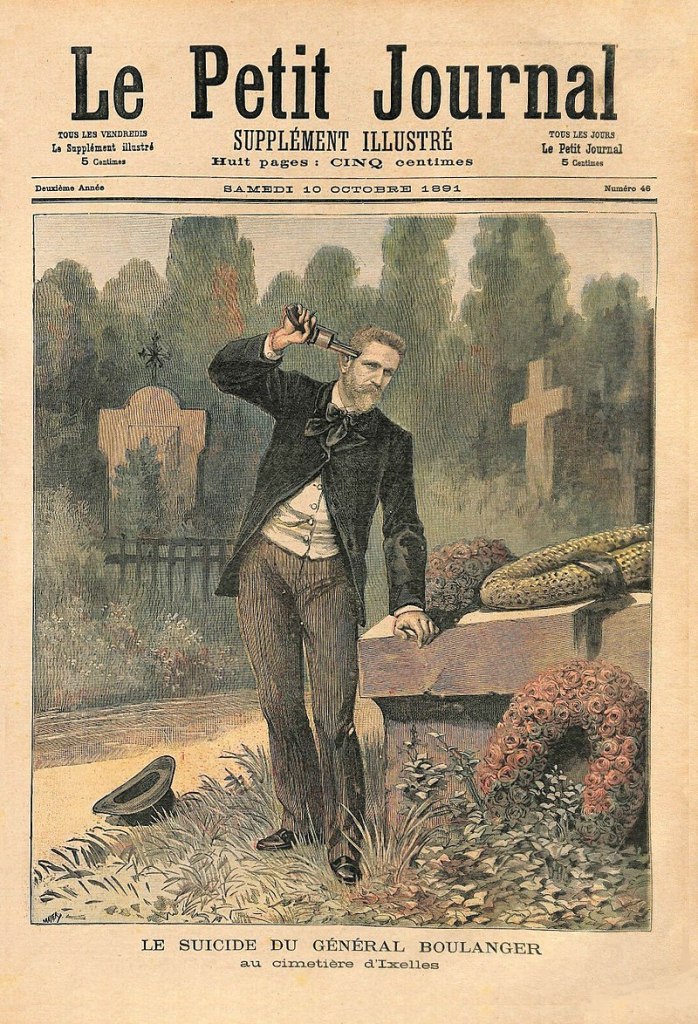For the Jahrbuch zur Liberalismus-Forschung, I wrote an article on the Boulangist Crisis during the French Third Republic.
Building on the work of Bertrand Joly and others, I use the case to develop a fresh perspective on a particular variety of antiliberalism that became prevalent across Europe during the late nineteenth and early twentieth centuries. Framing the political issues of the time against the backdrop of a fundamental opposition between ‘words’ and ‘deeds’, a whole spectrum of political groups began to define their own position in contrast to the image of a ‘politics of mere verbiage’, encompassing a whole range of phenomena, from liberalism and parliamentarism to public discussion and the political press. The Boulangist Crisis, during which a former army general briefly came to political prominence and was generally believed to be preparing a coup against the Third Republic, exemplifies the ways in which contemporaries came to perceive the political issues and conflicts of the time through the lens of the opposition between words and deeds.
The article is available in open access and can be downloaded here.



